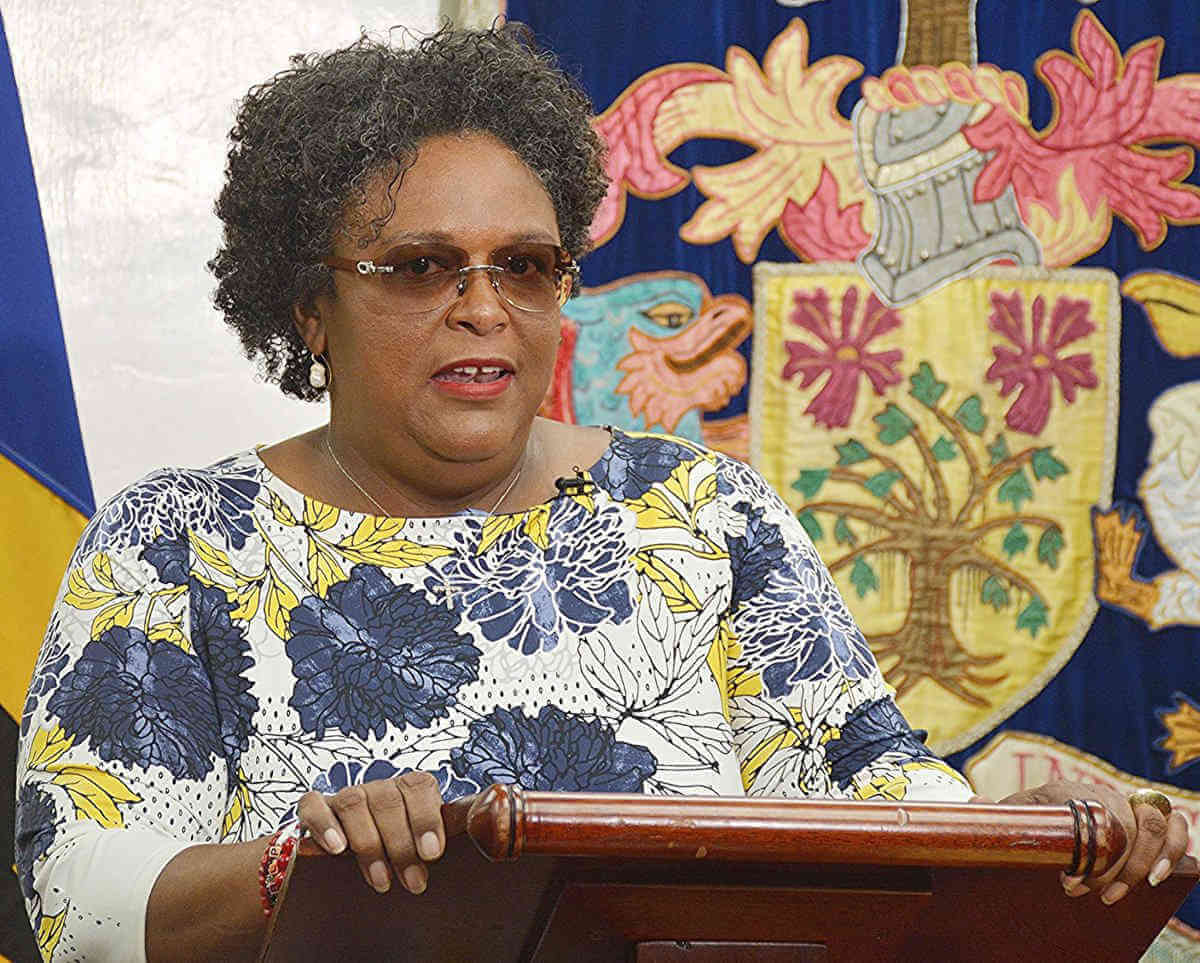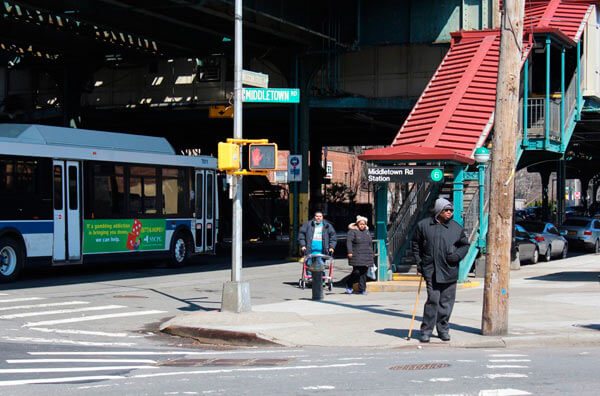Within four months of approaching the International Monetary Fund for assistance in righting its flagging economy the Barbados government of Prime Minister Mia Mottley got approval of its plans that come with a badly need injection of millions of dollars in foreign exchange.
One week after winning the May 24 elections, the new administration responded to being confronted with a national debt, that has more than doubled in the 10 years of the last government, by suspending liability payments and calling in the IMF for assistance with the aim getting soft loans to help Barbados meet its obligations while righting a declining economy.
Instead of depending on the IMF to design their recovery scheme Barbadian officials put together a team of Bajan finance and planning specialists who devised a Barbados Economic Recovery and Transformation Program (BERT), which the Fund approved Monday.
Coming with that approval is a $290 million loan from the IMF at the concessionary interest rate of one percent.
That one per cent interest credit rate is a remarkable achievement itself when taken against the backdrop of Barbados over the past 10 years suffering some 22 international credit rating downgrades, which had caused lenders worldwide shy away from doing business with the island, unless high interest repayment could be attached to any loans granted.
An example is a $225 million loan that the past government had to accept from Credit Suisse AG Cayman Islands in 2013 at an interest rate ranging between 7.5 and 8.5 percent.
Since June, in the early stages of negotiations with the IMF, Prime Minister Mottley had been upbeat about successfully concluding an agreement because, as she put it, the Fund recognises, “there are things that the Barbados government must do because we have strongly fought for it and argued that this must be the basis upon which we move forward if we are to keep out country together”.
The IMF’s nod of agreement to the home-grown recovery programme is of even more significance to the island because it unlocks the door to many other soft loans from multiple international lending agencies who were awaiting this signal of approval from the Fund before agreeing to again lend to a highly indebted Barbados.
One day after the IMF approval the Nation newspaper reported that Barbados was in line for a total $210 million of more concessionary loans from the Inter-American Development Bank and the Caribbean Development Bank.
The recovery plan to which the IMF agreed, and will monitor, aims at “achieving a six per cent primary balance [net borrowing excluding interest payments] by fiscal year 2019/20 and maintaining it for the next four years; no further accumulation of arrears; and reducing transfers to state-owned enterprises by no less than the amount identified under the BERT programme”.
The BERT programme entails several spending cut-backs as the Mottley government announced that in ascending to office it found the national debt level of over $7.5 billion, with public liability as a proportion of national income at 171 percent.
Additionally, out of a spending budget that hovers around $2.4 billion annually, $900 million was going to debt obligations.
The recovery programme actually began in the June budget when Mottley presented a number of tax eases.
She also introduced new levies, some of which are more user-based thereby giving Barbadians an option on whether to engage in these taxable transactions. This contrasts with some of the repealed taxes that were sweeping and mandatory.
A major challenge of the administration is shaving a civil service that has been bloated with additional staff and now carries a huge wage bill.
Instead of going for straight-forward lay-offs government is opting for a mixture of staff cutting measures such as early retirement, re-assignment of persons to sectors where they are more needed, and retraining.
Mottley announced that $15 million has been set aside specifically for retraining of some civil servants to fill essential public sector jobs or private enterprise self-employment.
“The focus is not a numbers game, the focus is to make sure that this public sector, which has become so unsustainable since 2007, is made sustainable, fit for purpose,” explained government economic advisor Dr. Kevin Greenidge.
The news this week of the IMF approval may mean that Barbados is on its way to regaining the robust economy for which it was once known.





















